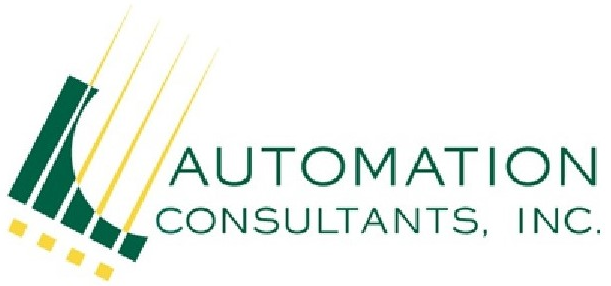From the JPP&M Special Issue, “Marketing to Prevent Radicalization: Developing Insights for Policies”
American Marketing Association
Researchers from Cal Poly, Washington State University, and Claremont-McKenna Graduate School published a new Journal of Public Policy & Marketing (JPP&M) article finding that companies who engage in political advocacy experience lower sentiment on social media, lower brand attitudes and purchase intentions overall, and that these effects are driven by consumers lower in political efficacy, who lack faith in political institutions to represent them effectively.
The study, part of the JPP&M Special Issue, “Marketing to Prevent Radicalization: Developing Insights for Policies,” is titled “Differential Response to Corporate Political Advocacy and Corporate Social Responsibility: Implications for Political Polarization and Radicalization.” It is authored by T.J. Weber, Jeff Joireman, David E. Sprott, and Chris Hydock.
Engaging in corporate political advocacy has become an increasingly popular way to differentiate a firm through building associations with a political party, cause, or candidate. For instance, Hobby Lobby, Amazon, Citigroup, Levi’s, Yelp and many other firms have taken public stances on abortion after the U.S. Supreme Court’s decision in Dobbs, allowing abortion to be outlawed in many states. However, at the same time, early evidence suggests at least 90% of companies have not and do not plan to take a stance on Dobbs.
The Politically Polarized Marketplace
Both contemporary firms and consumers exist in a marketplace characterized by intense political polarization and a society where governments increasingly struggle to address basic social and economic issues. As a result, firms have increasingly waded into political waters through corporate political advocacy as way to use their resources to supplement public policy unrelated to firm operations while appealing to likeminded consumers.
However, the current consumer marketplace, and society more generally, is defined by political polarization. Correspondingly, any political advocacy is likely to be seen as favoriting one side over the other, with reactions split between those who agree and those who disagree. Further, with nearly unlimited apolitical substitutes in the marketplace, consumers are more likely to switch away from a political mismatch than switch toward a political match at the expense of more relevant product or service characteristics, such as price or quality.
Negative Outcomes of Corporate Political Advocacy are Driven by Consumers who Lack Faith in Public Institutions
A central consequence of political polarization is that public institutions, particularly in the US, are either unwilling or unable to solve societal problems. Correspondingly, many consumers are low in political efficacy, or the idea that institutions are responsive to their priorities. Amplifying this lack of political efficacy is messaging from both parties declaring that their votes might not count either through voter intimidation or suppression laws (Democratic Party) or a massive conspiracy on behalf of voting machines (Republican Party). While our work is not a commentary on the factuality or robustness of these claims, it is easy to see why many modern Americans lack faith in political institutions.
Correspondingly, our study finds that consumers lowest in political efficacy are also the most likely to respond negatively to companies engaging of political advocacy that does not match their political values. For consumers that self-report lower political efficacy than 5.8 (on a 7-point scale) – which make up nearly 80% of our sample – responses to political advocacy are overwhelmingly negative and wash out any potential positive effects from advocacy that might match their values. Intuitively, they are more likely to believe their marketplace dollars strategically functions as political influence, as a substitute for public institutions they are skeptical represent them.
However, in sharp contrast, consumers high in political efficacy (above 5.8 out of 7) respond positively to advocacy that both does and does not reflect their values. This seems likely to be a reflection of their overall belief that institutions represent them effectively, and have little motivation to boycott or buycott firms undertaking any kind of political advocacy.
This research informs management and policy by recommending that:
- Companies engaging in corporate political advocacy should expect lower consumer sentiment on social media sites when their brand is mentioned.
- Consumers low in political efficacy (i.e., consumers who believe they have little control over political outcomes) respond more negatively and more sharply to companies taking political stances as a way of using their resources to influence political outcomes.
- Consumers high in political efficacy (i.e., those who believe they can influence political outcomes) do not respond sharply to corporate political advocacy because they see existing routes to influence (i.e., voting) as sufficient to make their voice heard.
- In a (theoretical) marketplace where consumers believe they can effectively influence political outcomes and are generally higher in political efficacy, firms could widen their participation in political activity with little consequence.
Disclaimer: AAAS and EurekAlert! are not responsible for the accuracy of news releases posted to EurekAlert! by contributing institutions or for the use of any information through the EurekAlert system.


